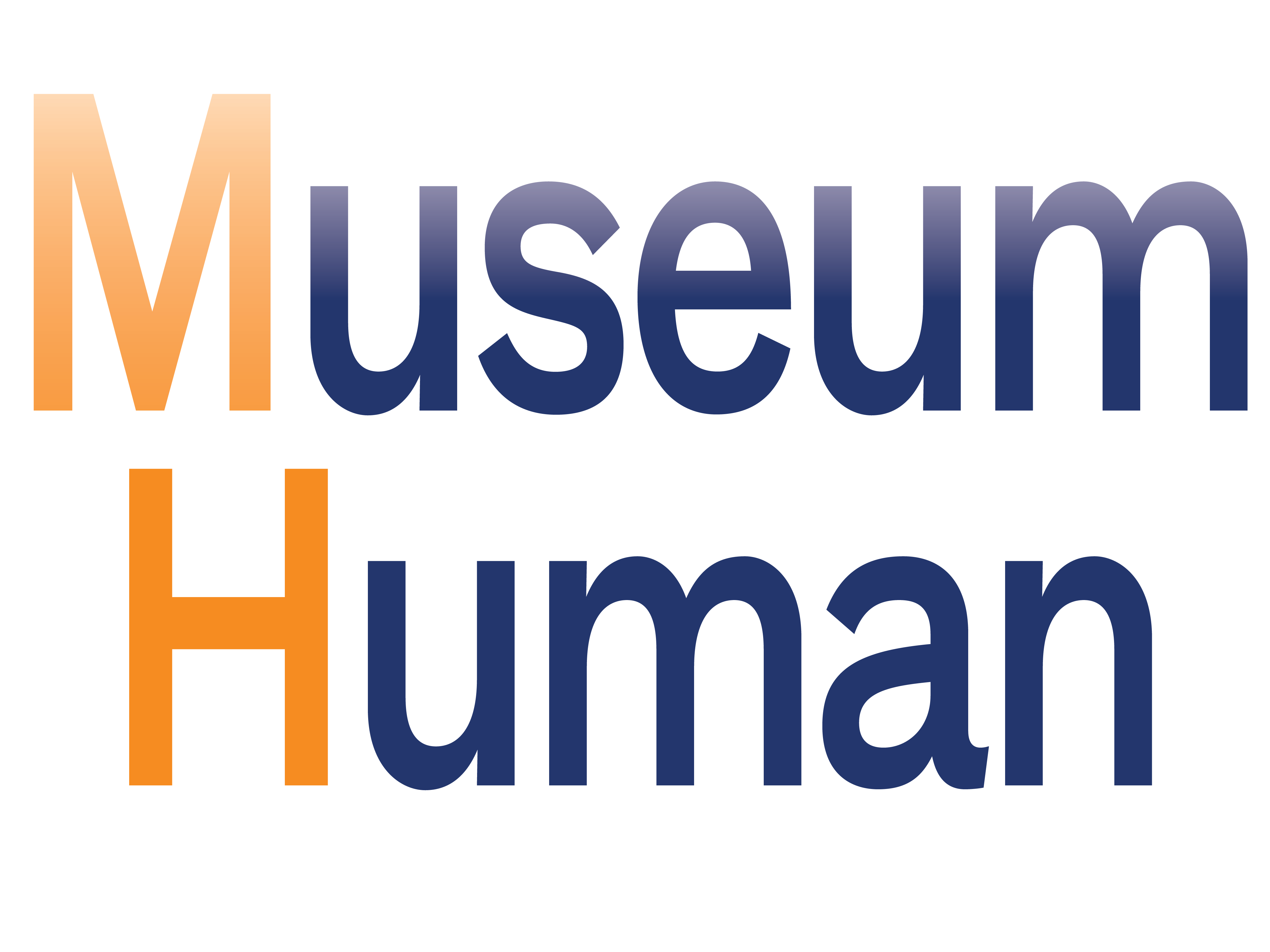
It's too easy to forget the people behind various processes—especially when it's us.
If you're reading this and not a subscriber to Museum Human, consider scrolling to the bottom and signing up now—it's free and is the only way to read the site's longer weekly post on the organizational culture of cultural organizations and to learn about upcoming subscriber-only events and communities.
One: I wrote a whole post about the show Severance, but here's a little more about the program, courtesy of my better half. Reading the ideas from the show's cinematographer was really worthwhile:
[question:] Severance transcends genre — it’s sometimes funny, sometimes terrifying. Jessica, how did you balance those tones visually?
[cinematographer] JESSICA LEE GAGNÉ: I was terrified of the script. The writing is amazing, but as a cinematographer it was quite scary to approach something that was all office space. It pushed me to find aesthetic things within that world. We researched a lot of movies.
What did you use as inspiration?
[creator Dan] ERICKSON: Everything from Brazil and Being John Malkovich to The Office and Office Space. A lot of late-’90s stuff deals with the nature of reality, like The Truman Show and The Matrix. We looked at a lot of real-life cults, and we looked at kind of the weird, blurry line between what is a cult and what is a church and what is a corporation.
Two: Consulting giant Accenture's CEO gave an interview to Harvard Business Review about skills and upskilling. I thought this was interesting:
[question:] What would be the most essential skill sets that graduating students should equip themselves with?
[Accenture CEO] Julie Sweet: Technology literacy, and what I mean by that is you need to treat computer science like reading. Not that you need to ever be a programmer, but you have to have experienced it. You need to have basic knowledge about what is the cloud, what is AI, and some of the best schools really are creating technology curriculums that are not intended to graduate a technologist, so someone who’s actually going to either program or build technology, but to build technology literacy. Until then, really sort of curating your own program so that if you’re graduating, you understand, you have basic understanding of these skills that are really important.
I first wrote about digital skills for all museum folks almost six years ago and I'm not sure that much has changed—even if museums provide resources for digital skill training for staff, people rarely have the time to use them.
Three: Umair Haque, one of my favorite Medium writers, wonders if Americans can ever recover when they are so collectively and individually traumatized. It's a good question as organizations enact various work-life and wellness policies—can institutions avoid contributing, through toxic cultures and crushing workloads, to the very problems they claim to be so concerned about?
Four: Speaking of toxicity, HBR makes an interesting case that office politics doesn't have to be toxic. The article lays out the idea that one can learn communication, collaboration, and coping skills in the game of office politics, and while I understand the gist, the big problem here is that too many workers can't participate fairly in the game—because of, among many reasons, racism, sexism, natural, introversion, or just plain (again) crushing workloads.
Five: Org culture design firm NOBL describes how to build a strategic workplace culture. The idea here is to be intentional about how one constructs the org, and not to simply hire the best people or follow every fad. There are good ideas here, but my belief is that an org needs to have more people participate in the building of strategy (just to be fair, NOBL absolutely believes in participation in strategic conversations—as often happens when I discuss org culture with consultancies or leaders, I tend to focus on workers first). It can't be a game just for the c-suite any longer.
Six: Here's a useful piece on when agile creates more problems than it solves. One could use this piece by Nicole Radziwill as a template for any org culture system that is implemented without understanding the org, its people, or all the work that is really getting done to keep the place moving. (I've written before about the shortcomings of an obsession with agile.)
Seven: Cory Doctorow's takes on tech and the very human motivations and repercussions of a few people's decisions are priceless. Here he writes about the ramifications of bots and kill switches, tech backdoors that can allow companies to turn off the equipment in enemies' hands (like tractors in Russia since its invasion of Ukraine). No matter how cool the idea might seem, it's only a matter of time before the kill switch gets used on you. (Here's a bonus link from Doctorow on a proposed New York State law to expose the contracting and oversight relationships in pension funds.)
Eight: I've gone on and on in Museum Human about the need for different ideas about leadership (such as here, here, here, here, and here). If you feel the same, check out the Orpheus Leadership Institute. What's particularly noteworthy about Orpheus is that it developed its concepts not as a typical business enterprise or academic think-tank but as a chamber orchestra.
Nine: Medium fave Jessica Wildfire writes here about the importance of degrowth, to bring balance to our relationships with the earth and ourselves. (Check out a piece I wrote about museums' unhealthy obsession with growth.)
Ten: Because, as we've all learned (and I've written about), companies today have to keep growing and growing (which means shrinking and abusing the workforce), like Uber.
Liberation
I would counsel all of us to read a wide variety of topics and different kinds of pieces—books, articles, columns, even tweets. Even on a week like this one, where I didn't go in with a defined throughline, the narratives start to tell themselves, if we're ready to understand.
If you're reading this and not a subscriber to Museum Human, consider signing up for a free subscription below—it's the only way to read the site's longer weekly post on the organizational culture of cultural organizations and to learn about upcoming subscriber-only events and communities. Thank you for reading!
cover image by Ricardo Gomez Angel / Unsplash [description: two hands touching against a black background]

Links of the Week: June 10, 2022: the Human Touch by Robert J Weisberg is licensed under a Creative Commons Attribution-NonCommercial-ShareAlike 4.0 International License.






